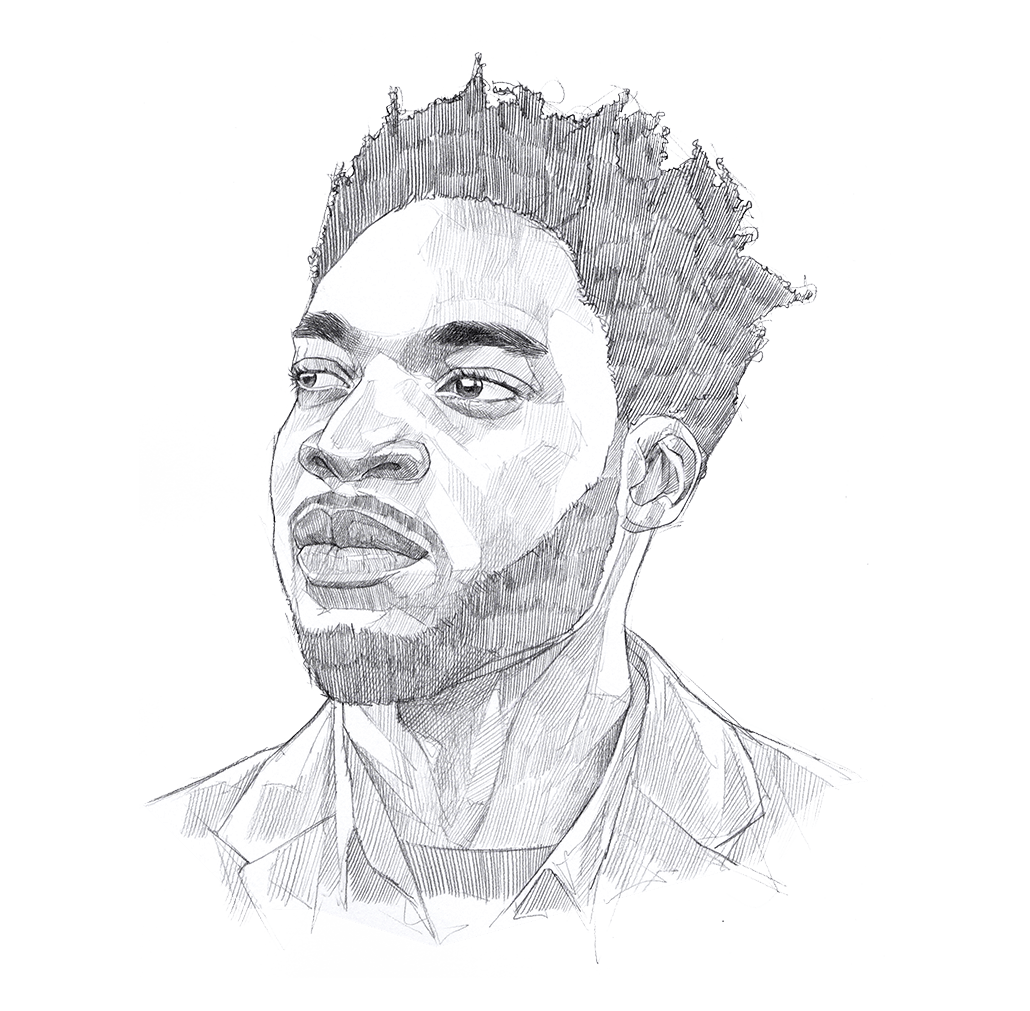I wouldn’t have a voice at all
I feel like I wouldn't have a voice at all in this process. You know, just being, as he just mentioned, a black male, just my appearance, etc., I feel like my voice would totally be ignored in the process and like, I wouldn't be sure what my rights were as someone who's being, you know, um, facing allegations and things like that. So, I wouldn't honestly [disclose]. Say, if this happened to me, I would just crawl into a hole and just hope for the best. I wouldn't know who to turn to based on what I'm seeing here. You know, what my rights are, do I have a voice? Are people even going to respect what I'm saying if I were to come forward? That isn’t what happened. I'll just come back to, you know, just trying to avoid these situations at all costs because I feel like I wouldn't have a voice in it and so on. It would be assumed that whatever happened was 100% truth, so. That's just how I feel about these processes and policies is just, you know, avoid at all costs, as a black man.
Recommendations
-
When responding to a disclosure or report of sexual violence involving racially or ethnically marginalized students, provide these students with the choice to work with someone who shares their cultural or racial identity or someone who does not.
-
Engage in activities to develop anti-racism as it pertains to sexual violence prevention and response. Apply anti-racist practices in these areas.
-
Including male students across cultures in discussions of sexual violence, gender stereotypes, and stereotypes of masculinity.
-
Address concern around wrongful accusations while developing new policies or training materials.
-
Address respondent rights and supports available to respondents in each of the following circumstances: 1) the investigation into the complaint is ongoing 2) the investigation concludes that the respondent has violated the policy, or 3) the investigation does not conclude that the respondent has violated the policy.
-
Engage with student leaders from diverse cultural backgrounds and genders when revising policy content and associated services. Ensure the concerns raised by these students are foregrounded in policy development and application.
-
Be aware of damaging assumptions about Black and Middle Eastern male sexuality; consider problematizing this form of bias in education and awareness campaigns. In working with students from these demographics in relation to a disclosure or report, demonstrate awareness that such biases exist, and demonstrate intention not to be swayed by such assumptions.
-
When responding to a disclosure or report of sexual violence, highlight that students have the choice to involve support people of their choice, including friends or family members. Offer to reach out to support people if the student prefers. This applies to the victim/survivor or complainant and respondent.

